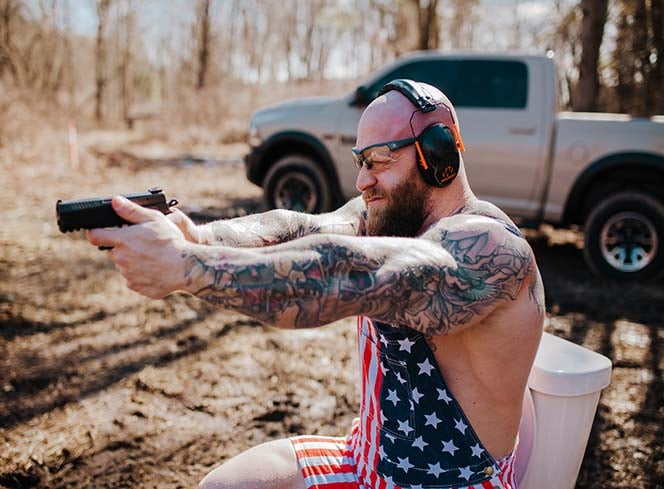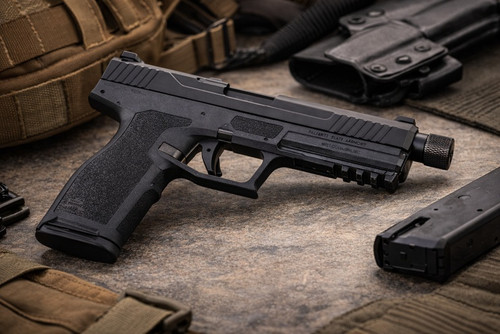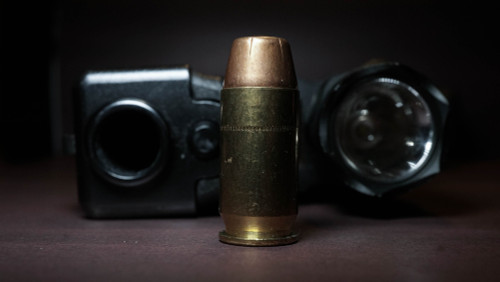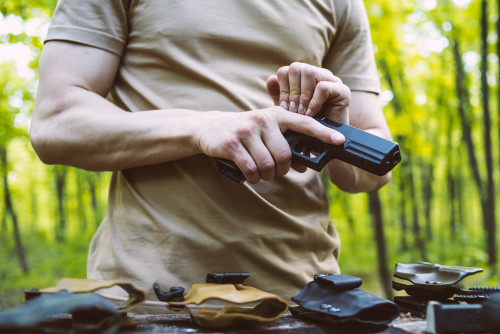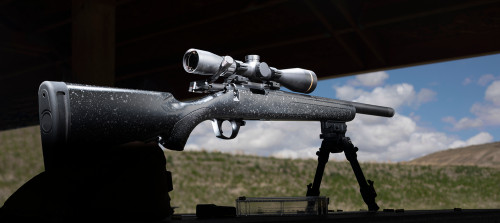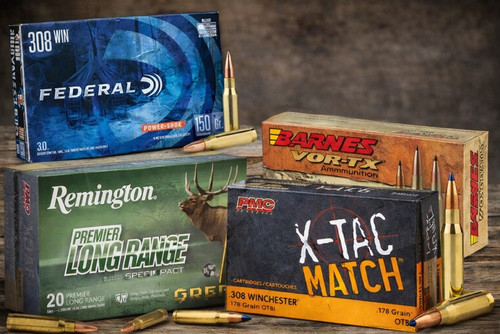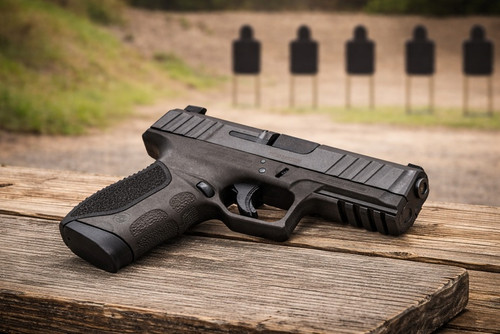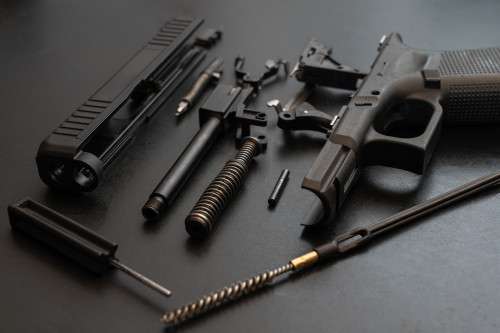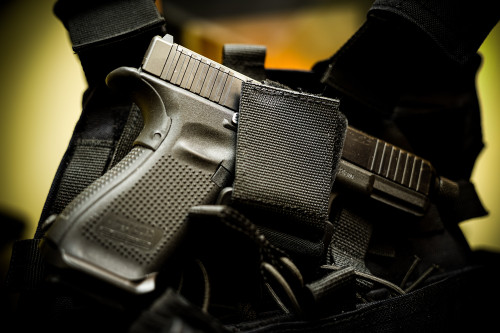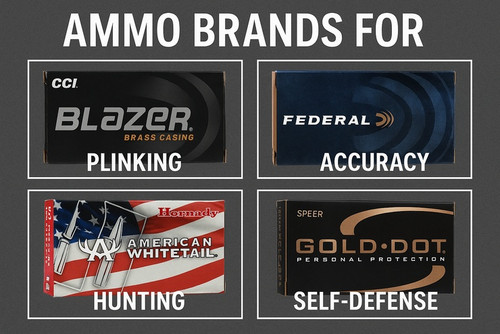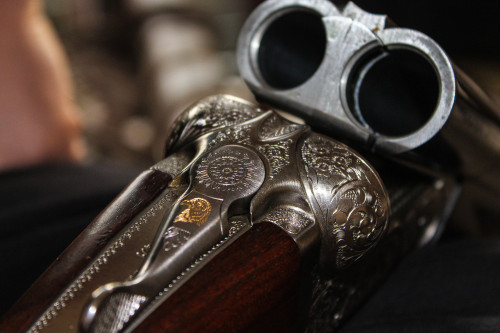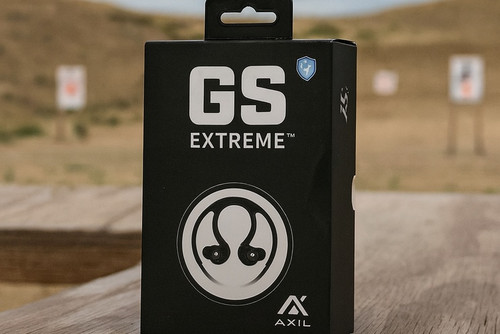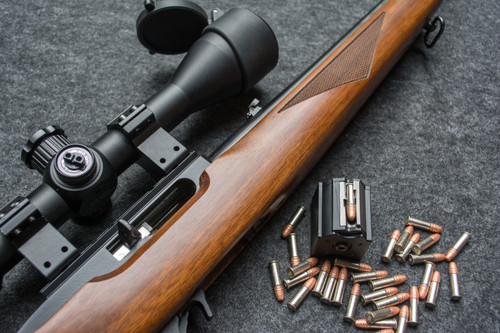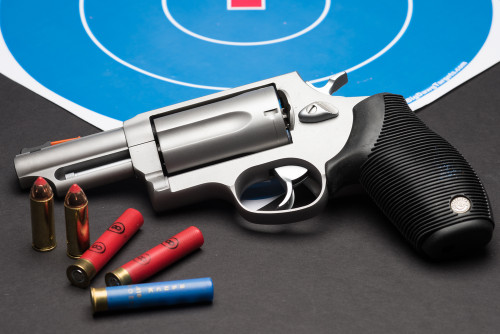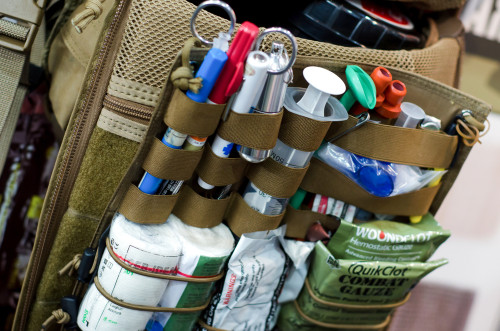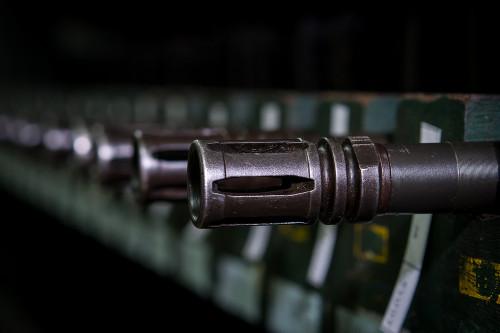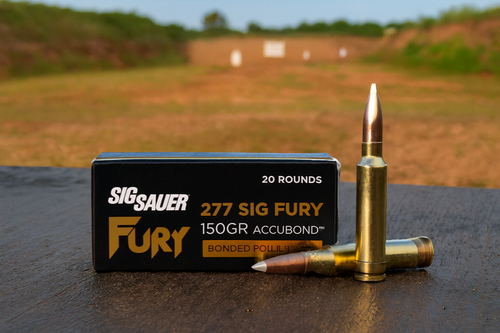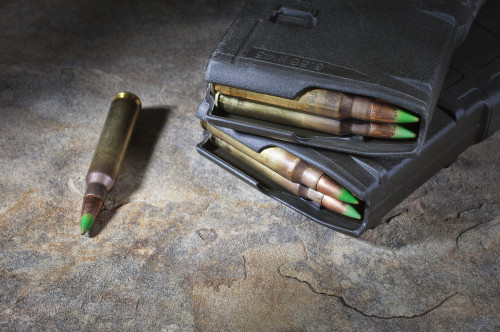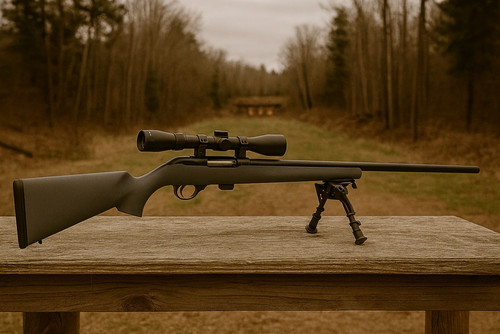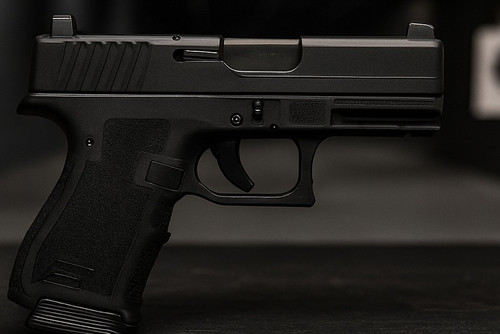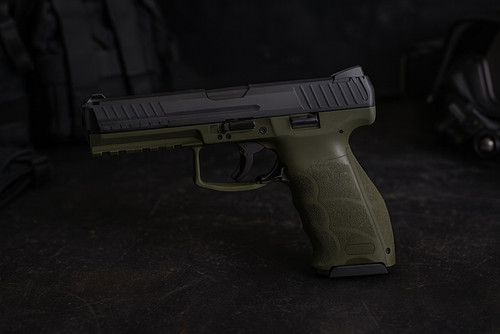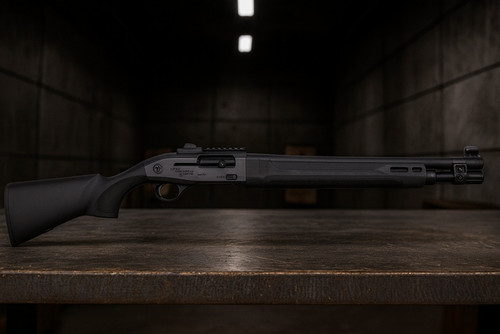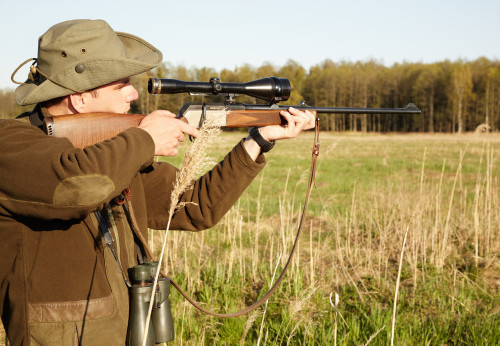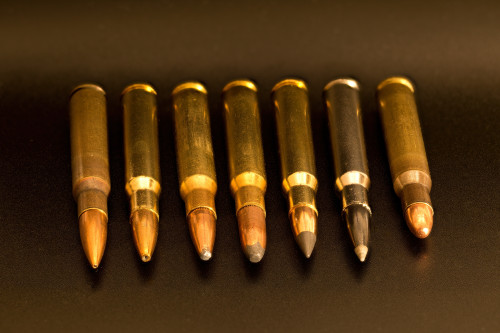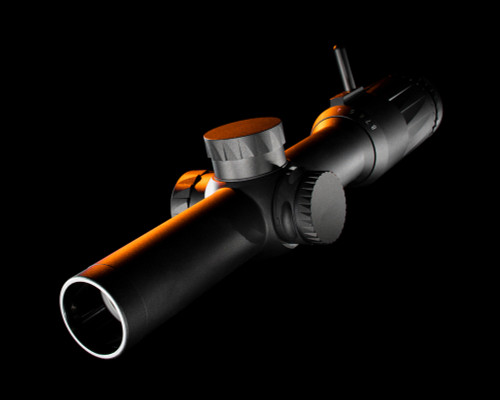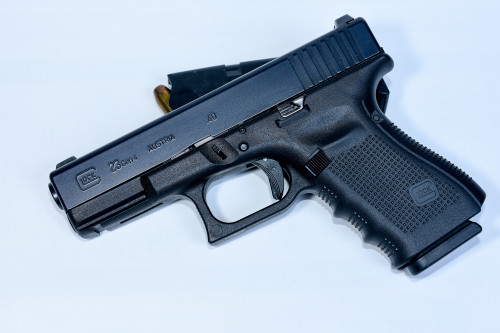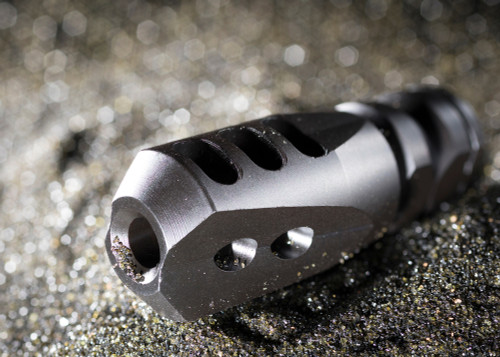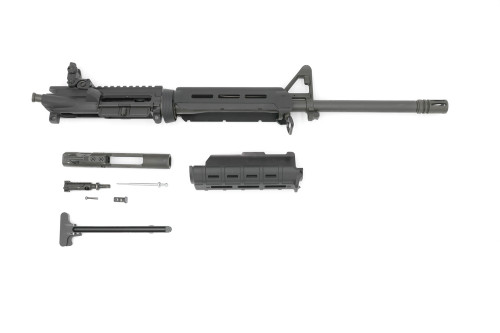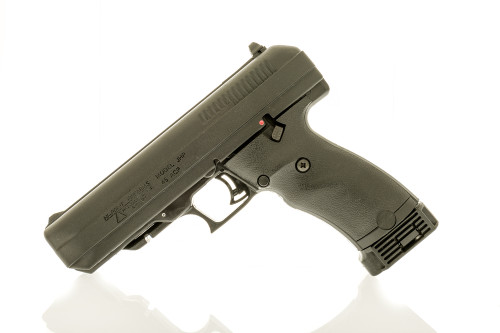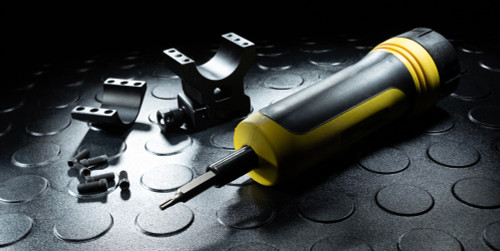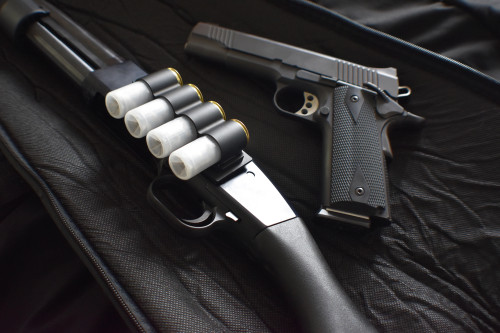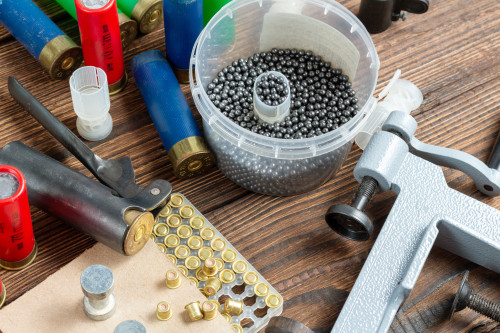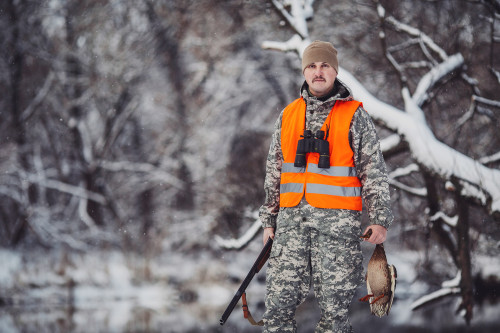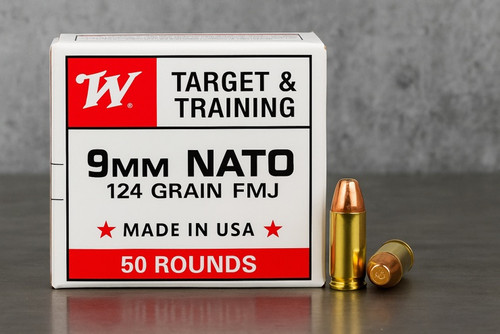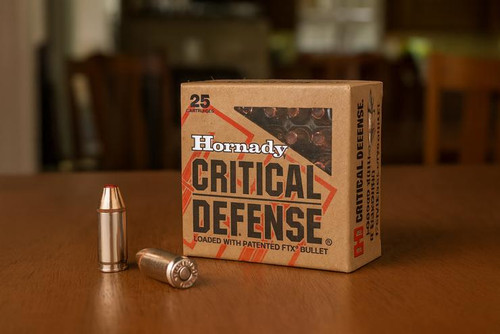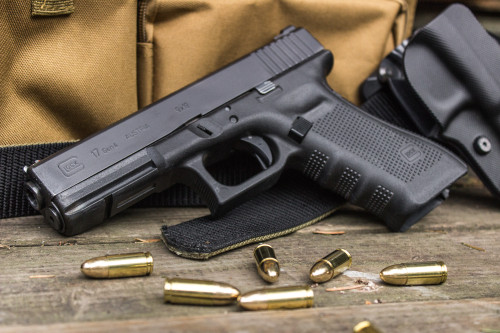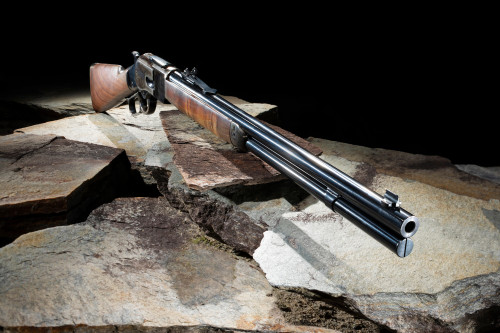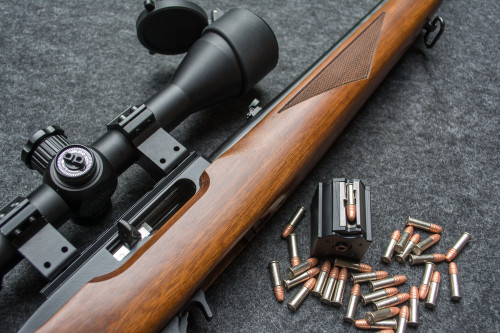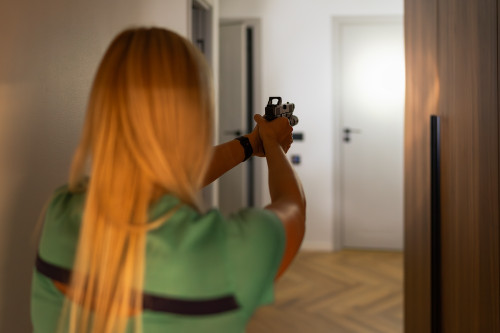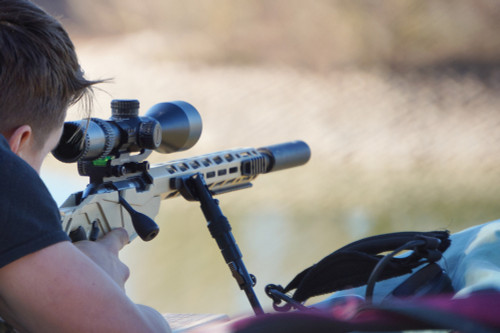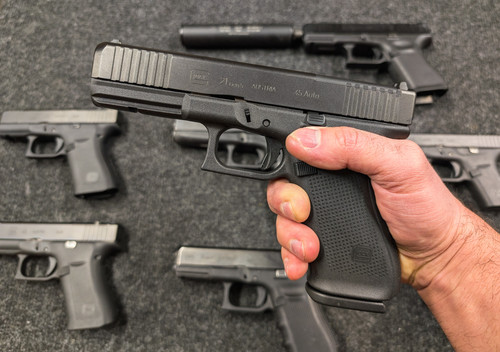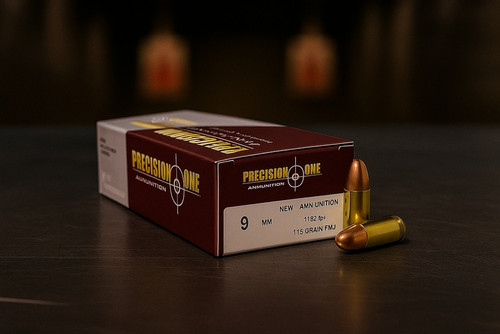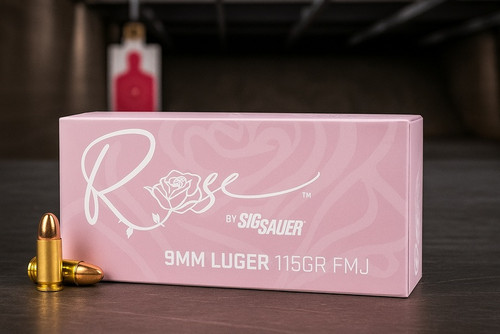What Is YTR 9mm Ammo and Who's It For?
If you’ve spent time price-checking ammo in today’s market, odds are you’ve come across YTR 9mm, usually tucked into online bulk listings with a surprisingly low price tag and a “Made in the USA” badge. That combo alone is enough to turn heads, especially if you're trying to keep your training consistent without blowing your ammo budget.
Manufactured in Florida by Yavascalar Troy Holding LLC, YTR is aimed squarely at the everyday shooter who’s more focused on building skills than punching one-hole groups. This ammo is designed for practice, range time, and drills—not for self-defense or duty use. And that’s an important distinction to make.
It’s not pretending to be premium. Instead, it’s meant to keep your range sessions affordable, your mags full, and your skills sharp. So, is YTR worth a spot in your ammo rotation? Let’s dig into the details.
The Numbers Behind the Box
Here’s what you’re getting with YTR’s 9mm full metal jacket load:
| Feature | Details |
|---|---|
| Caliber | 9mm Luger (9x19mm Parabellum) |
| Bullet Type | Full Metal Jacket (FMJ) |
| Bullet Weight | 124 grains |
| Muzzle Velocity | ~1,130 fps (standard pressure) |
| Muzzle Energy | ~352 ft-lbs |
| Case Type | Brass, boxer-primed, reloadable |
| Primer Type | Non-corrosive, standard pressure |
| Packaging | 50-round boxes, 1,000-round cases |
| Manufactured In | Mulberry, Florida, USA |
This puts it right in line with other range-grade FMJ loads. It's not loaded hot, it doesn’t claim match accuracy, but it’s ballistically reliable and performs within safe operating specs for most handguns and PCCs (pistol caliber carbines).
The Good and the Not-So-Great
Where YTR Holds Up
Runs reliably in most full-size pistols:
Glocks, SIGs, Smith & Wesson M&Ps—all of the usual range workhorses seem to eat this ammo without much complaint. Functionally, it feeds and cycles just fine in the vast majority of striker-fired and hammer-fired duty pistols.
Acceptable accuracy for most training tasks:
This isn’t ammo for precision pistol competitions, but at typical range distances (7 to 25 yards), it’ll keep your shots in the zone. Center mass on paper? Easy. Hitting steel at 15 yards? Absolutely.
Reloadable brass adds value:
If you reload, YTR's brass gives you added value—especially in today's economy. Most shooters report it resizes well and handles 1–2 additional loadings without issue, as long as you're not expecting match brass quality.
Affordability is a real draw:
At roughly 25 to 30 cents per round (depending on where and when you buy), it’s among the lowest-priced brass-cased, boxer-primed ammo available in the U.S. that isn’t imported from overseas.
Where It Struggles a Bit
Primer sensitivity isn't always perfect:
Some shooters—especially those with lighter trigger setups or older striker-fired designs—have reported light primer strikes. It’s not a dealbreaker, but if your gun has a soft hammer or tuned firing pin spring, you might run into ignition hiccups.
Not the prettiest rounds you’ll ever load:
Several lots have shown inconsistencies in bullet seating, visible dents, or rough crimping. Most still function just fine, but it's a good idea to inspect rounds while loading mags—especially if you're using a tight-chambered or match-grade barrel.
Lot-to-lot performance can vary:
Like many budget-tier brands, YTR’s consistency isn’t always on point. One box may shoot clean and feel soft; another might be a little snappier and leave more residue. It’s not unsafe, but it’s noticeable—especially if you’re shooting suppressed or running extended sessions.
What Other Shooters Are Saying
We combed through forums, retailer review sections, and community boards to find out what folks are actually experiencing with YTR 9mm ammo.
Positive Observations:
“I ran 350 rounds through my Glock 19 with zero issues. Honestly, it felt just like Blazer Brass.”
“It’s not flashy, but for what I paid, it’s perfect range ammo. I’ll buy more.”
“Reloaded the brass without problems. It’s better than I expected for a brand I’d never heard of.”
Mixed or Negative Comments:
“Had a couple light strikes in my Canik. Not the gun’s fault—it loves everything else.”
“A few of the rounds looked kind of beat up. I still shot them, but I wouldn’t call this high-end.”
“One round felt way hotter than the rest. Didn’t blow up or anything, but it got my attention.”
Disclaimer: These reviews are sourced from public feedback on forums and ammo retailer listings as of 2025. Individual results can vary depending on firearm type, cleaning habits, and environmental conditions. Always test new ammo in your own firearm before buying bulk.
Who YTR 9mm Ammo Is Best For (And Who Might Want to Skip It)
YTR is a great fit for:
- Recreational shooters who burn through a few hundred rounds a weekend
- CCW students or instructors looking for training ammo that won’t blow the budget
- Gun owners with full-size, no-fuss pistols that feed anything
- Reloaders who want decent brass without paying premium rates
You might want to pass if:
- You’re preparing for a competition or certification course with strict accuracy/reliability needs
- Your gun has a lightened firing pin spring or match-tuned internals
- You carry the same ammo you train with (this isn’t self-defense rated)
- You get frustrated by cosmetic defects in ammo—even if they don’t affect function
YTR 9mm Ammo Scorecard
| Category | Rating (Out of 5) | What That Means |
|---|---|---|
| Affordability | 4.8 | Among the best values for new, reloadable brass 9mm |
| Reliability | 3.2 | Mostly dependable, but a few hiccups in striker-fired guns |
| Accuracy | 3.5 | Good enough for realistic training, not for tight grouping |
| Cleanliness | 3.5 | Typical FMJ fouling—clean your gun afterward, but no surprises |
| Reloadability | 4.0 | Brass is solid enough for handloaders, with light inspection |
| Consistency | 2.8 | Expect minor variance between batches or boxes |
Overall Score: 3.6 / 5 — A capable training ammo with a few rough edges, but solid value for the price.
Should You Try YTR 9mm for Your Next Range Day?
Here’s the honest truth: YTR 9mm is not match ammo, and it’s definitely not carry ammo. But it doesn’t claim to be. It’s built for shooters who care more about reps than group size, and who don’t mind checking a few rounds before they hit the line.
If you’ve got a pistol that isn’t picky and you’re just looking for ammo that goes bang, runs well, and keeps your range day on track without draining your bank account, YTR is absolutely worth a try. Just don’t expect flawless performance from every box—and don’t put it in your carry mag.
Bottom line: For general training, practice, or running drills, YTR offers serious value. It’s not perfect, but it’s functional, reloadable, and American-made—and that’s more than you can say for a lot of cheap brass on the market right now.
FAQs
1. What is YTR 9mm ammo designed for?
YTR 9mm is built for one thing: affordable, no-frills range training. It’s a 124-grain full metal jacket (FMJ) load meant to keep your mags full without breaking the bank. It’s not optimized for self-defense or match-level precision but works well for drills, plinking, and general practice.
2. Is YTR 9mm ammo reliable in most firearms?
For the most part, yes. YTR runs reliably in full-size and mid-size pistols, including Glocks, SIGs, and M&Ps. However, some shooters with lightened triggers or match-tuned guns have reported occasional light primer strikes, so it’s a good idea to test it in your firearm before buying in bulk.
3. Where is YTR 9mm ammo manufactured?
YTR is made in Florida by Yavascalar Troy Holding LLC, making it one of the few budget-friendly options that’s actually produced in the U.S. That’s appealing for shooters who want to support domestic manufacturing or avoid import-related inconsistencies.
4. Can I reload YTR brass?
Yes. YTR ammo uses boxer-primed brass cases that are reloadable. While it’s not match brass, most users report good luck with 1–2 reloads, assuming proper inspection. It’s a nice value add for shooters who like to reload range brass.
5. How does YTR compare to other budget 9mm options?
It offers a good mix of price and performance. While it may have slightly rougher crimping or cosmetic blemishes compared to premium brands, YTR functions reliably, hits where it should, and stays within SAAMI pressure specs. It’s comparable to Blazer Brass, Venom, or MAXXTech, but with the bonus of being U.S.-made.




 Pro Armory Editorial Team
Pro Armory Editorial Team